Japanese PM expresses sorrow for Korean colonial victims, but does not directly apologize

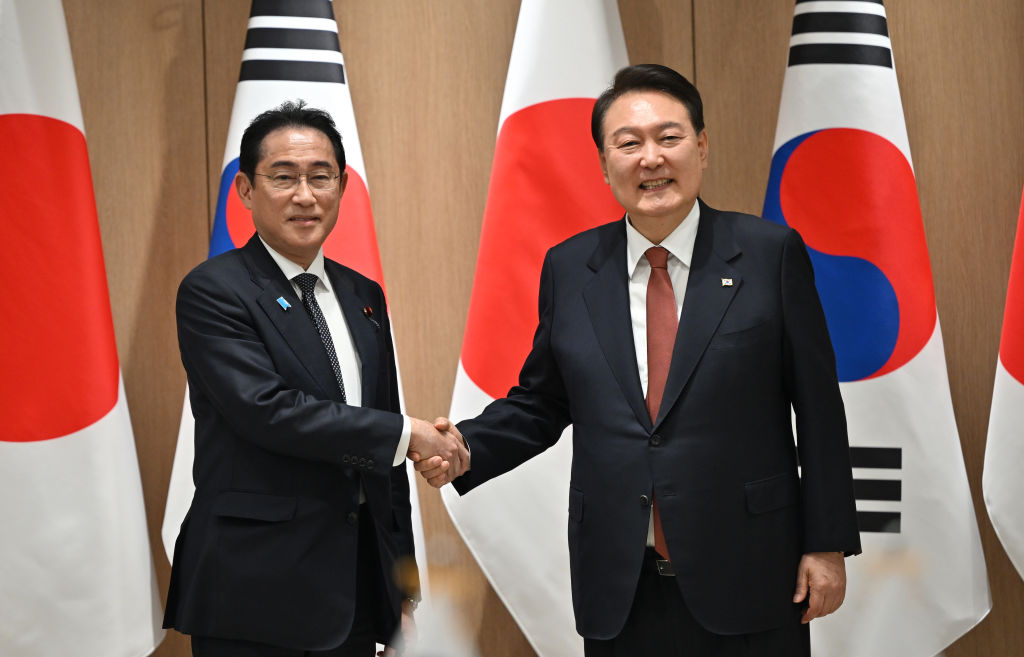
A free daily email with the biggest news stories of the day – and the best features from TheWeek.com
You are now subscribed
Your newsletter sign-up was successful
Japanese Prime Minister Fumio Kishida on Sunday expressed sympathy for those who suffered under Japan's colonial rule of the Korean Peninsula, but did not offer the direct apology many South Koreans had wanted.
Traveling to Seoul to meet with South Korean President Yoon Suk Yeol, Kishida said that his "heart ached" for the past suffering of Koreans, adding that he stood by Japan's previous remorseful sentiments. However, he did not comment on the issue any further.
The meeting between the two marked the first visits between the leaders of the Asian nations in 12 years. Tensions between the countries have been fraught, largely due to "Japan's brutal colonial rule of the Korean Peninsula in the early 20th century," The New York Times reported.
The Week
Escape your echo chamber. Get the facts behind the news, plus analysis from multiple perspectives.

Sign up for The Week's Free Newsletters
From our morning news briefing to a weekly Good News Newsletter, get the best of The Week delivered directly to your inbox.
From our morning news briefing to a weekly Good News Newsletter, get the best of The Week delivered directly to your inbox.
Even as the leaders resumed shuttle diplomacy — talks conducted by a mediator — many in South Korea were reportedly upset that Kishida did not offer a fuller apology. However, Yoon said he would instead try to focus on the future.
Yoon added that an apology from Japan was "something that should come naturally from the other side's sincerity," per the Times. "We must abandon the notion that we cannot take a single step ahead for future cooperation until the past history is resolved."
The countries have been at odds with each other over a 2018 Korean court ruling that ordered two Japanese companies to compensate their Korean employees for forced labor that occurred in the 20th century. However, Japan has refused to acknowledge this ruling, and has argued "that all compensation issues were already settled when the two countries normalized ties in 1965," The Associated Press.
Despite the continued tensions between the countries, Japan and South Korea represent key alliances for the United States, and President Biden is expected to meet with both Kishida and Yoon later this month.
A free daily email with the biggest news stories of the day – and the best features from TheWeek.com
Justin Klawans has worked as a staff writer at The Week since 2022. He began his career covering local news before joining Newsweek as a breaking news reporter, where he wrote about politics, national and global affairs, business, crime, sports, film, television and other news. Justin has also freelanced for outlets including Collider and United Press International.
-
 Political cartoons for February 3
Political cartoons for February 3Cartoons Tuesday’s political cartoons include empty seats, the worst of the worst of bunnies, and more
-
 Trump’s Kennedy Center closure plan draws ire
Trump’s Kennedy Center closure plan draws ireSpeed Read Trump said he will close the center for two years for ‘renovations’
-
 Trump's ‘weaponization czar’ demoted at DOJ
Trump's ‘weaponization czar’ demoted at DOJSpeed Read Ed Martin lost his title as assistant attorney general
-
 Trump sues IRS for $10B over tax record leaks
Trump sues IRS for $10B over tax record leaksSpeed Read The president is claiming ‘reputational and financial harm’ from leaks of his tax information between 2018 and 2020
-
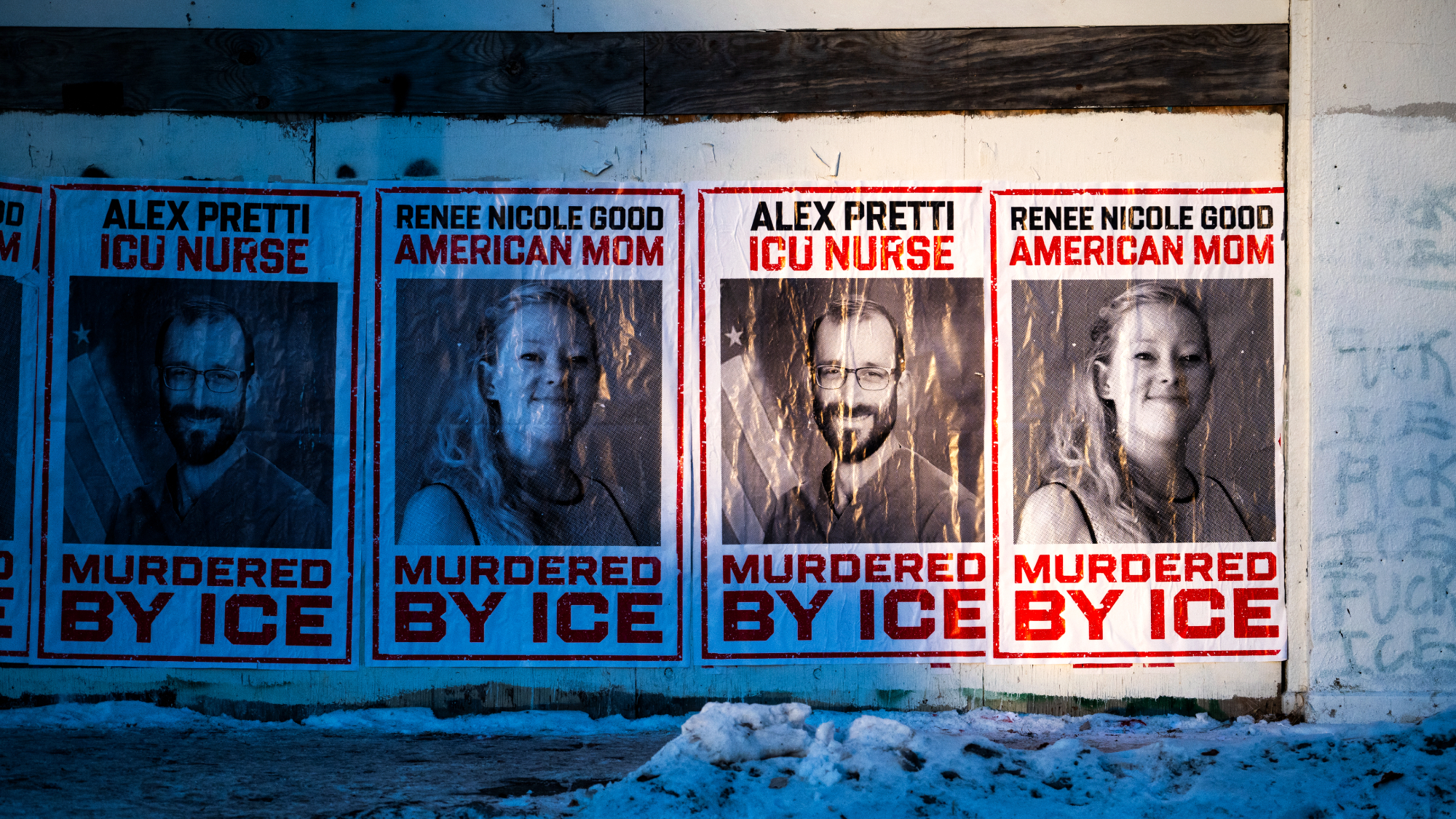 Trump, Senate Democrats reach DHS funding deal
Trump, Senate Democrats reach DHS funding dealSpeed Read The deal will fund most of the government through September and the Department of Homeland Security for two weeks
-
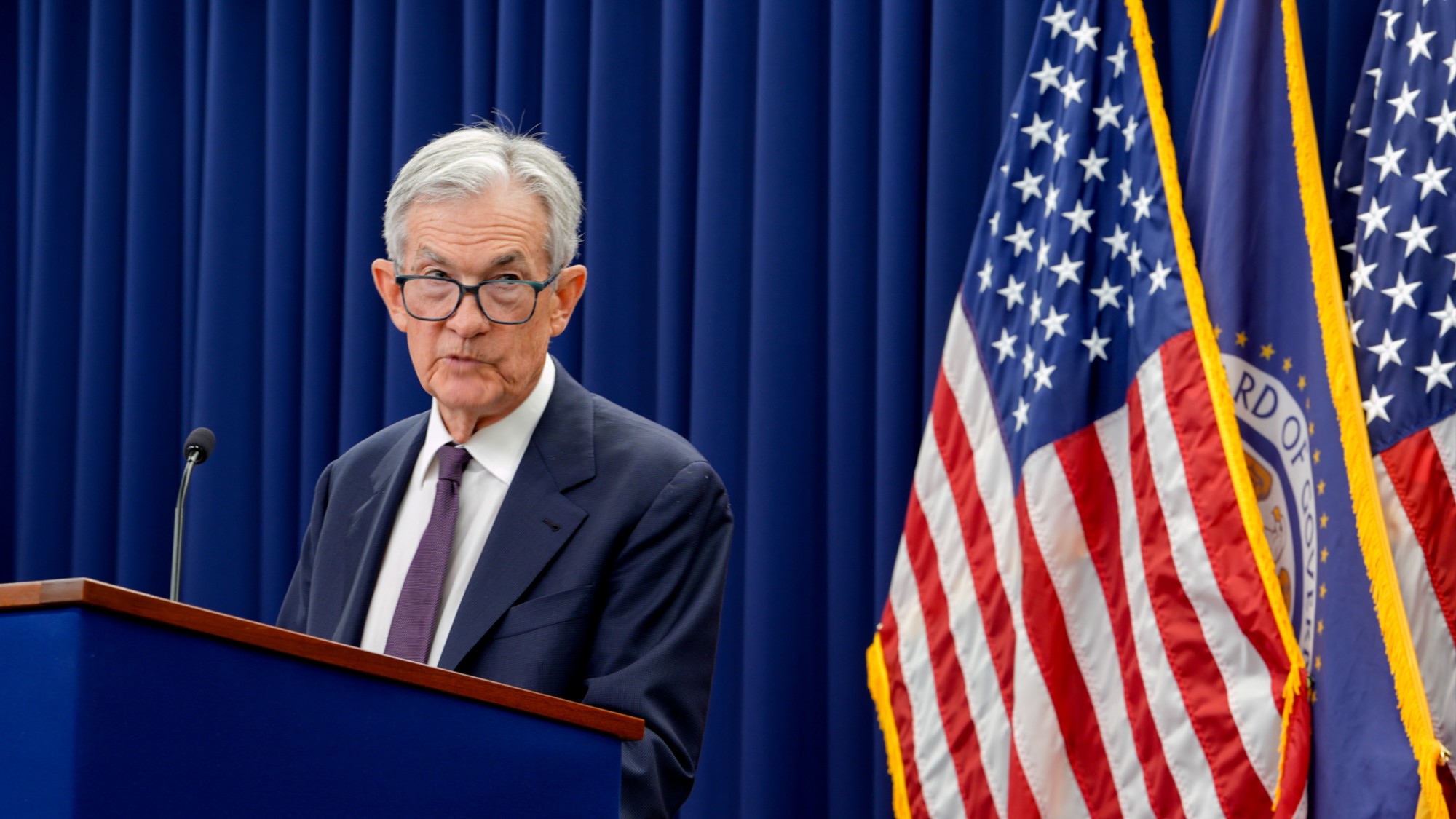 Fed holds rates steady, bucking Trump pressure
Fed holds rates steady, bucking Trump pressureSpeed Read The Federal Reserve voted to keep its benchmark interest rate unchanged
-
 Judge slams ICE violations amid growing backlash
Judge slams ICE violations amid growing backlashSpeed Read ‘ICE is not a law unto itself,’ said a federal judge after the agency violated at least 96 court orders
-
 Rep. Ilhan Omar attacked with unknown liquid
Rep. Ilhan Omar attacked with unknown liquidSpeed Read This ‘small agitator isn’t going to intimidate me from doing my work’
-
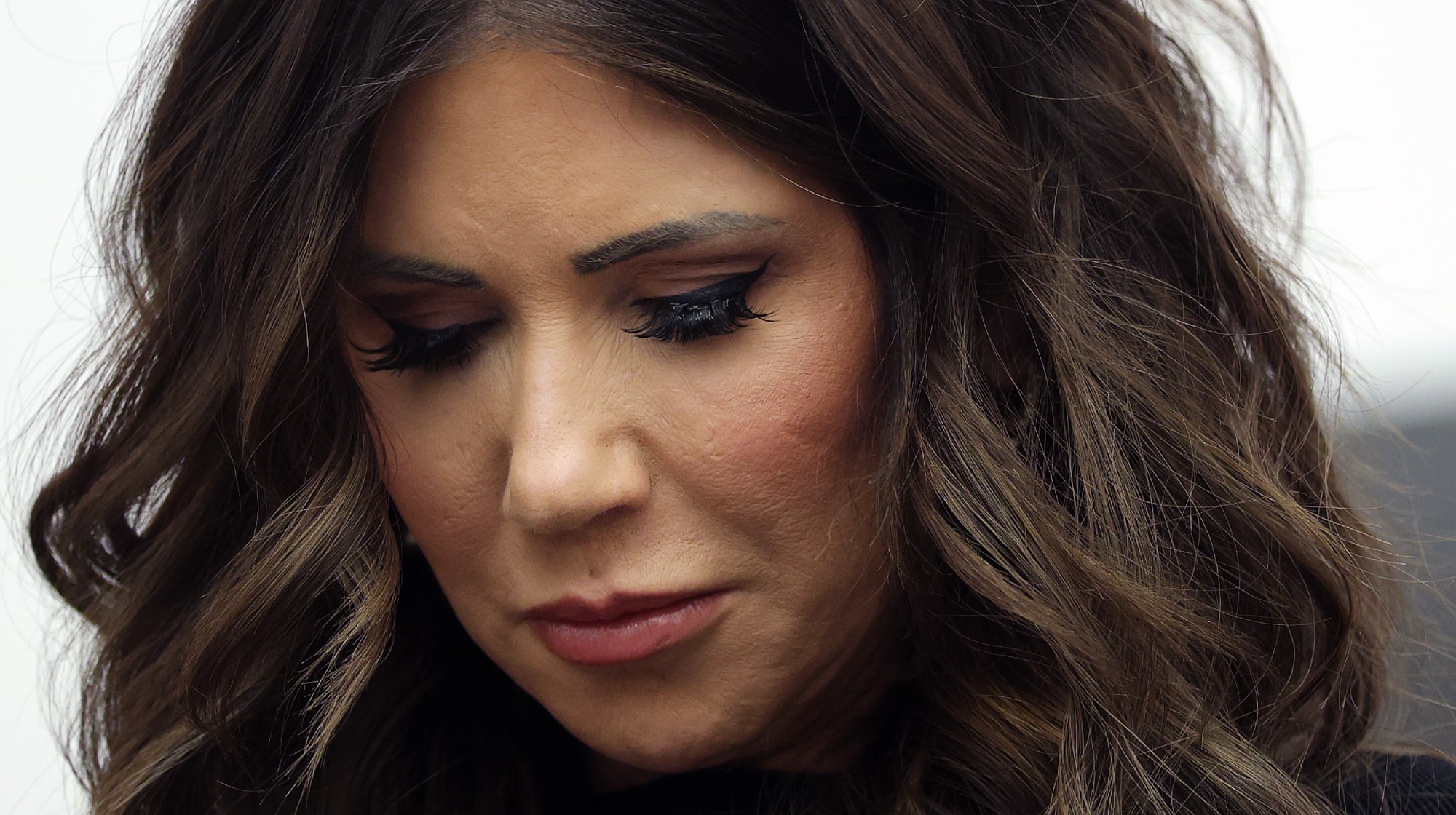 Democrats pledge Noem impeachment if not fired
Democrats pledge Noem impeachment if not firedSpeed Read Trump is publicly defending the Homeland Security secretary
-
 ‘One day fentanyl will come back — and there will be little anyone can do’
‘One day fentanyl will come back — and there will be little anyone can do’Instant Opinion Opinion, comment and editorials of the day
-
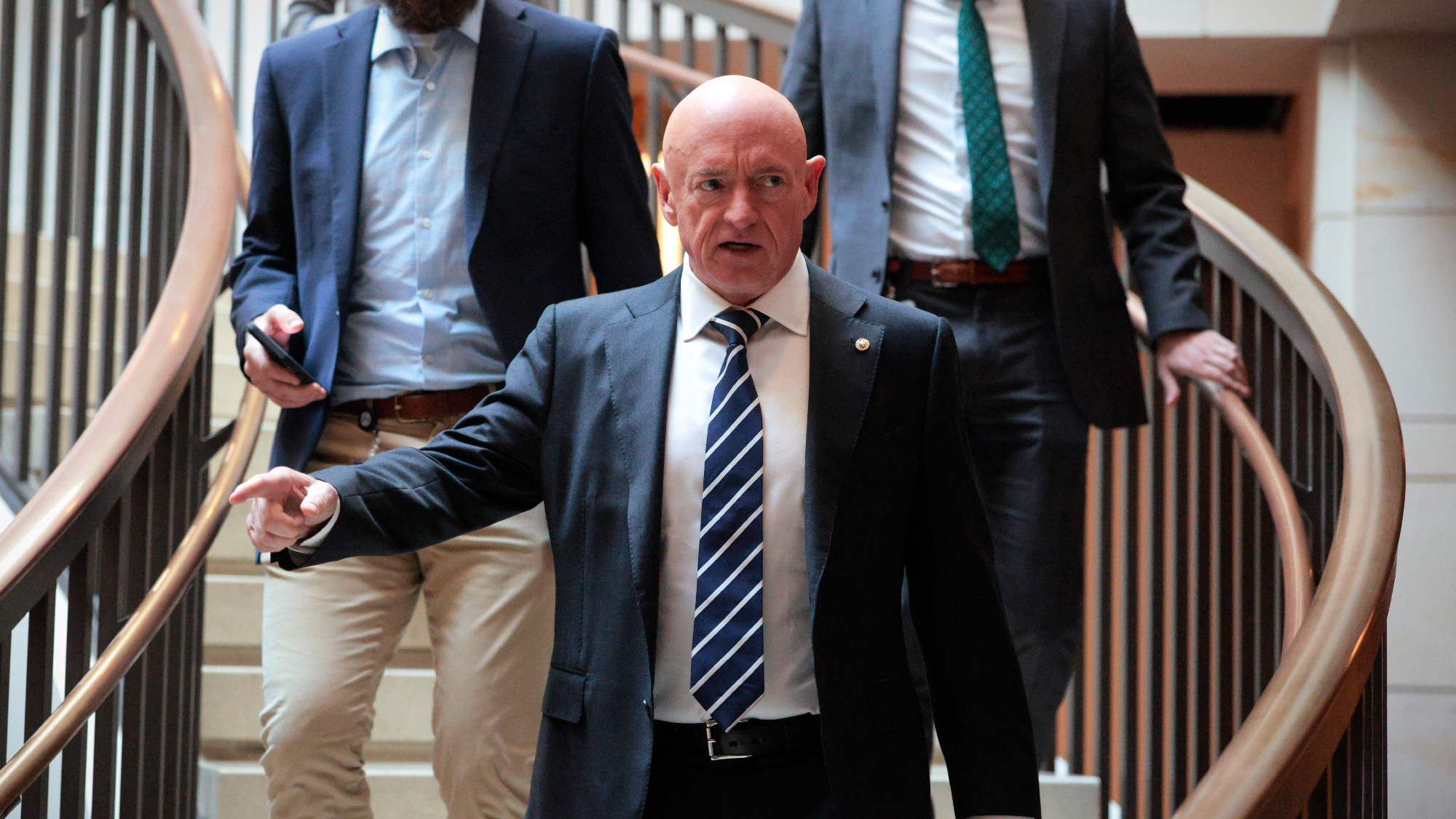 Hegseth moves to demote Sen. Kelly over video
Hegseth moves to demote Sen. Kelly over videospeed read Retired Navy fighter pilot Mark Kelly appeared in a video reminding military service members that they can ‘refuse illegal orders’
